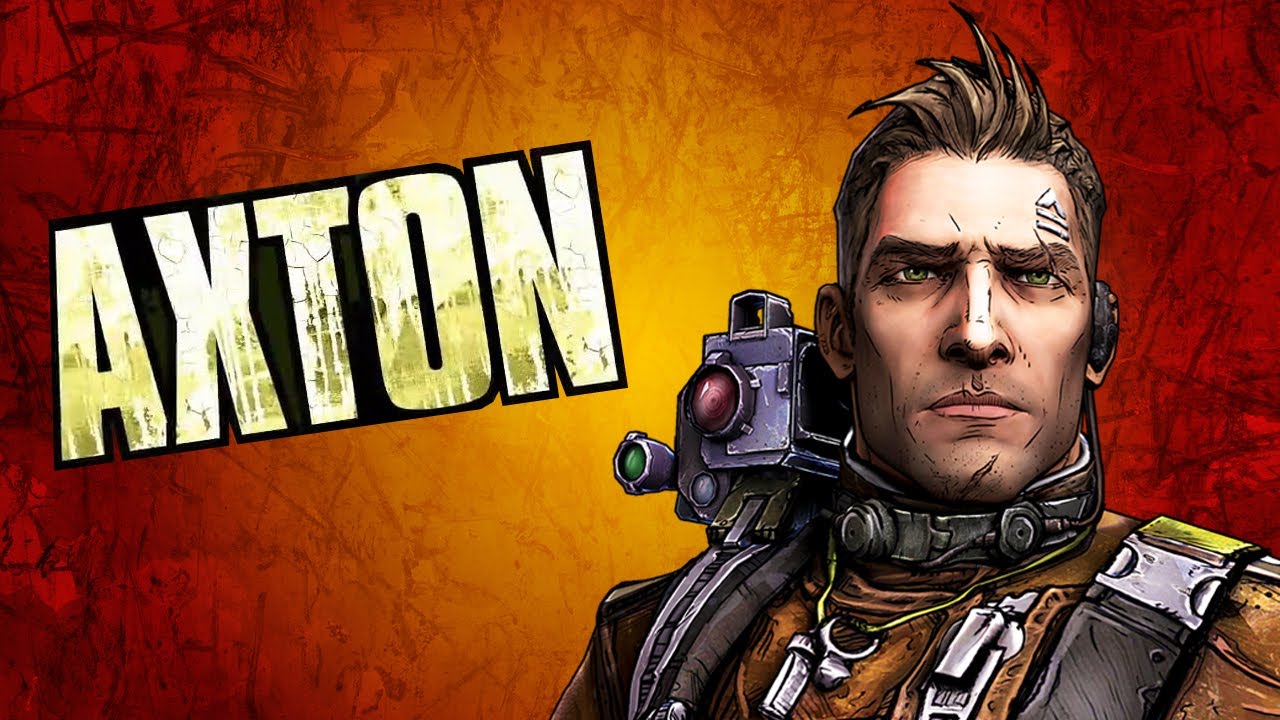After spending 80 hours playing Cyberpunk 2077, I can confidently say that I was disappointed with the way the game handled its LGBTQ+ relationships. It was clear that you can pursue romances with straight, gay and lesbian characters, and it was great to be able to become intimate with characters male and female, cis and trans, but on the whole it seemed like I was the only bisexual person in all of Night City.
Even with more LGBTQ+ characters and narratives being featured in entertainment, we are still a long way off seeing a higher balance of diverse queer characters in video games, including bisexual people.
Some noticeable bisexual characters include Chloe Price from Life is Strange and Mae from Night in the Woods, but most of the popular bisexual characters tend to appear in games where player choice and branching narratives are common trends, giving the player freedom on who they want to romance regardless of their gender-identity. And this leads to my main issue with bisexual representation in games.

If a male player character romances a female character, that player may likely assume that NPC is straight, whereas if a female player character romances a female character, there may be the likely assumption that that NPC is a lesbian. The question of whether this character is bisexual isn’t questioned unless the game makes their sexuality explicitly clear.
This is reflective of the real world, where as a cisgender man in a relationship with a woman, everyone assumes I am straight. The fact that some characters can be romanced regardless of gender doesn’t explicitly mean the character is bisexual, and instead places the burden on the player to project their bisexuality onto the player character themself and onto the non-playable character’s sexuality too, thus denying them a sense of agency in their identity.
So many characters’ sexuality is often debated amongst fans as games don’t make it clear, with developers and writers using social media to make a character canonically bisexual or to explain their bisexuality. Examples of this include Loba from Apex Legends, Axton from Borderlands, or Wiggle from the recently-released Bugsnax.

Why couldn’t have this been explained or explored within the game itself? Why should I have to scroll through Twitter to feel represented by a game when straight gamers can relate to a character’s sexuality by simply playing the game? As queer gamers, we are still being denied characters that could explicitly be out of the closet but do not show any of that representation in-game.
As for games that do weave LGBTQ+ viewpoints into their narratives in detail, Dontnod Entertainment’s episodic adventure Tell Me Why didn’t just feature a transgender character, but trans topics and issues are an imperative aspect of the story and, in effect, the whole game.
Similarly, The Last of Us Part II featured a new key character called Lev, who has a huge arc surrounding his transition and the trauma associated with such a journey. While the character’s role in the story was criticised by trans critics for a variety of reasons, he also became a beacon of success for others, with Julie Muncy from The Washington Post writing “terrible, terrible things happen to Lev, but even so his role in the story is, paradoxically, one of hope and optimism.”

Again, it feels impossible to recall a game that actually explores a character’s bisexuality in detail, that has weight and feels important to the overall narrative. Like Tell Me Why, I hope to see a game where bisexuality is the story, and not just an unexplored character trait or a tacked on choice for player characters.
At the end of the day, the whole gaming industry needs to incorporate more meaningful LGBTQ+ representation both in their games and in the teams that make them. With bisexuality, it seems that developers are content with giving players a choice on romancing whoever they want, and calling it a day. There is already a lack of significant queer representation across all media, but the games industry could do so much better by designing narratives explicitly around bisexuality and tackling perceptions and issues around it.
Although we don’t always have to label a character’s sexuality, I want to see games that are unapologetically bisexual. I’m tired of scrolling through Reddit and Twitter feeds with people debating whether a character is pansexual or bisexual, just for the developers to eventually reveal they don’t know either (much like Greg Kasavin did with Hades). Let’s start seeing interactive stories that take bisexuality, and all other sexual orientations and identities, seriously.